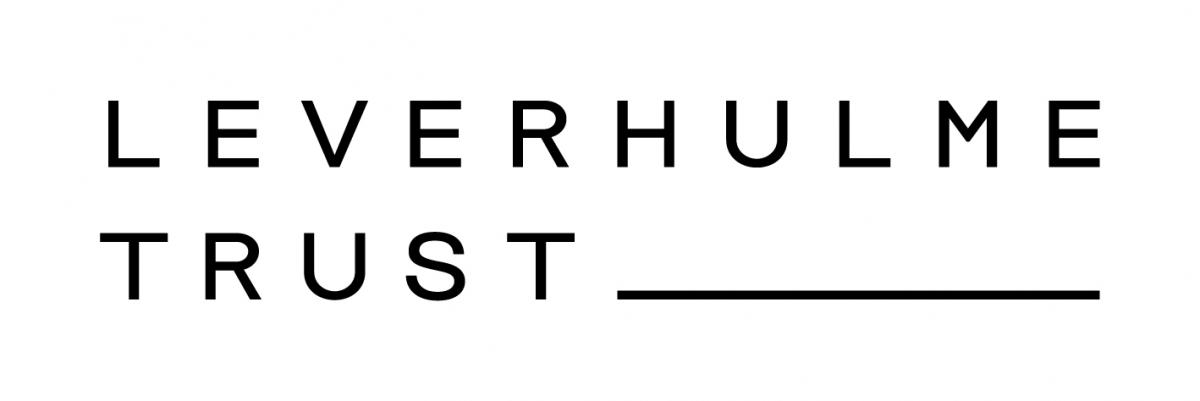University of Oxford
11a Mansfield Rd
OX1 3SZ
UK
Pioneering Nature-Positive Pathways: Organisational Approaches for delivering Nature Recovery
There is an increasing expectation that the private sector will need to play an important role in delivering global nature recovery goals. However, there are currently large uncertainties associated with the processes and strategies required for actions to be effective. For example, organisations can take a range of actions across the Mitigation and Conservation Hierarchy to help deliver biodiversity outcomes, but there is a need to understand the outcomes of such actions, how these actions and outcomes will scale, and the best means of navigating trade-offs and synergies between other socio-economic and environmental goals. In addition, there is limited understanding of the overall sectoral and regulatory approaches which can best promote effective and equitable action by large organisations.
In this work package, we hope to help inform effective, equitable, scalable, and feasible strategies for organisations to address biodiversity loss by:
- Developing a research agenda to prioritise research towards key areas in organisational Nature Positive strategies.
- Investigating the methods used to measure positive and negative biodiversity impacts of organisations, and their implications for the design of Nature Positive strategies.
- Understanding when and where possible actions across the Mitigation and Conservation Hierarchy could be implemented to deliver Nature Positive goals.
- At a broader scale, looking at actions required at sectoral, national, and international levels, to ensure organisational actions contribute meaningfully towards global targets.
- Investigate the wider driving processes that can influence action and its effectiveness.
- Understand the likely outcomes of different actions taken by organisations, and in collaboration with the wider Integration work package team, investigate the likely environmental, economic, and social synergies and trade-offs if such strategies are scaled.
This work is conducted as part of the Oxford Nature Positive Hub.
https://naturepositive.web.ox.ac.uk/



